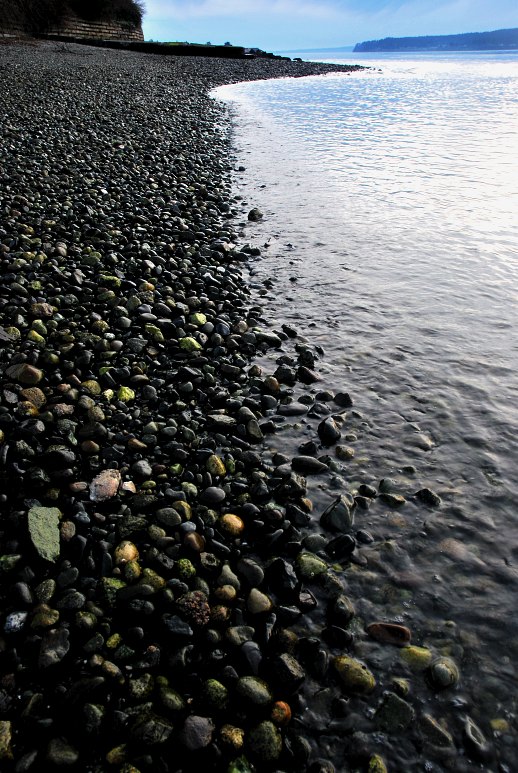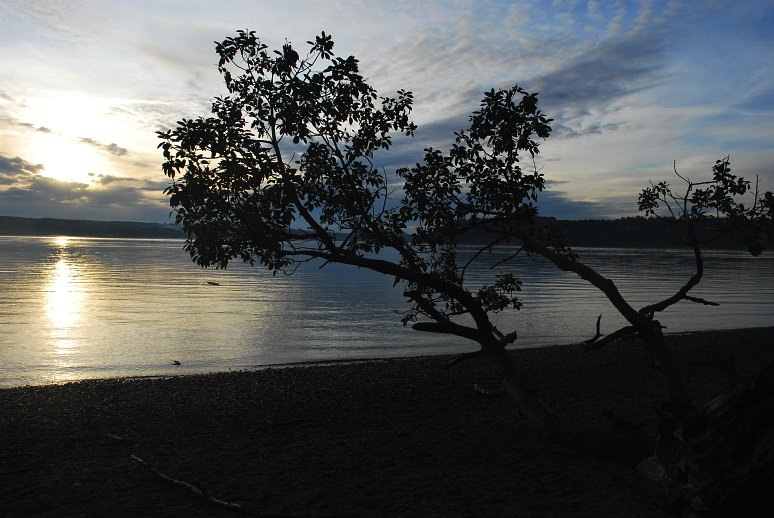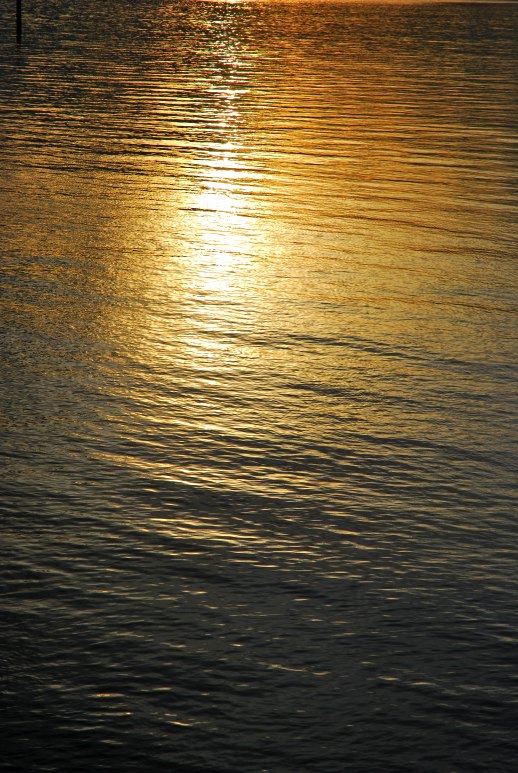Titlow Beach, Tacoma, WA
February 21, 2009
As an afterthought I tossed my camera into the trunk of my car before heading out to the local climbing gym in Tacoma to work off some excess energy. After two hours of climbing with a new friend I had enough day light left to pay a visit to Titlow Beach, where I had never gone before but had wanted to for sometime. This seems like such a ridiculous thing to write: I wanted to go there, but it had somehow taken me a year to do so. Did I actually and truly want to go if it took me so long to stop at the beach?

This is something that I'd been thinking over for the last few years. From time to time it comes back and I think about it once again. That is, why we say we want to do something, and perhaps actually believe it, but never get around to doing it. Why is it that people tell me that they want to visit Europe some day? Why do I tell people I want to go to Iran, some day? Why do people tell me they want to hike the Pacific Crest Trail? Why do I tell people I want to go to Paris and paint in the spring?

I've been telling people that last one for probably a decade now, but I haven't so much as bothered to get a guidebook to France or learn the language or even think about how I would get time off in the spring to do it. But I say it, and believe it, nonetheless. Perhaps it is just a defense mechanism. If you have a dream, at least you have something to look forward to, whereas if you have nothing that you want to do in the future, today becomes impossible to live in.

All that rubbish just because I hadn't bothered to stop at Titlow Beach for a year. Recently a friend told me that for some one who writes so much I can be very quiet in a conversation. True. Writing is a one sided activity, and there is no interaction. Words have no meaning besides what we give them. But people, a person, that is a different kind of beast all together. A person has meaning even without the meaning that we endow them with, and so I like to listen to people, especially when they have something to say.

People, that is, are important to me. That seems like a self evident thing for a human to say, but it hasn't always been true, either for me or for anyone else. The dehumanization, or objectification, of other human beings, has been the cause of much of the misery of the 20th century. And the 19th. And the 18th. And so on back through time. How could I tie a person to a stake and burn them alive unless I thought that they were somehow less human than I? Slavery in the New World was justified through exactly the same means. The de-kulak-ization in Stalinist Russian was effected this way. And the Jewish Holocaust?

I for a moment on the trunk of a long dead tree and thought about these things in the context of open, public spaces. Public spaces are, by definition, for the people. They are for us and we can use or abuse them as a people. Although there were a few youths getting high in the woods above me, they were discreet about it. A couple was drinking wine on another log while talking quietly about things, I'd like to think, that lovers talk about. Dogs were running about off leash. All against the rules of the beach, but there were no problems, no fights, no arguments.

I walked to the far end of the beach where there was a boat launch and beyond nothing but the train tracks and large homes fronting on the Sound. Clouds over the Olympics were going to obscure the sunset I had hopped for, but there was enough light to make things interesting photographically, if not aesthetically. The light, while not perfect in a classical sense, was workable and the challenge of taking a picture of something interesting was itself appealing. Now I'm just rambling! But, I promise that I have a purpose in relating all this drivel to you. A friend asked me recently about my Pacific Northwest Trail narrative and whether everything in it actually happened. I told her the truth: Every person and event happened, even if I had to rely on my not-so-perfect memory and notes for it. The thoughts were abstractions, though. Some I had worked out then. Others later. But walking does this to me, which is one of the reasons that I like doing it so much.

Walking stimulates the mind, mine at least, into thinking about things that I don't normally think about. When I used to do mathematical research and was especially flummoxed by some theorem that was resisting me, I would go out for walks around whatever campus I happened to be at, whether in Urbana, State College, Palo Alto, or Bloomington. I'd walk around and think and try not to get run over by cars or wander into the middle of a game of disk golf. Sometimes the walk would trigger a new thought in me and give a new direction to try. Other times I just got some exercise. But that there is a connection between the act of thinking and the act of walking I take as being obvious now.

I found myself standing a few feet away from some slightly drunk teens, pleased with the ninety minutes I had spent at Titlow. The sun was gone behind the clouds and without a tripod my shooting was over. I had ranged across a wide spectrum of ideas which, if I was a scholar, I would have focused on and explored. But I'm no more a scholar than I am an academic. The Ivory Tower wasn't for me. I had jumped out the window nearly five years ago, and I had no intentions of returning to its shackles. You see what I mean? Walking starts the thinking and once your start thinking its hard to stop.
Logistics
Titlow Beach is where Sixth Avenue in Tacoma ends at the Sound. An easy way to get there is to drive SR16 to the Jackson Street exit and then make your way onto 6th Avenue. Drive to where it ends and park. There is a restaurant, a dive cafe, and a store of sorts. The beach stretch isn't long, but it is pretty and I'd like to go back and take some night exposures of the Narrows Bridge. The beach is popular with people of all ages and families. However, this is Tacoma and you should expect to find slightly drunk and high youths.








